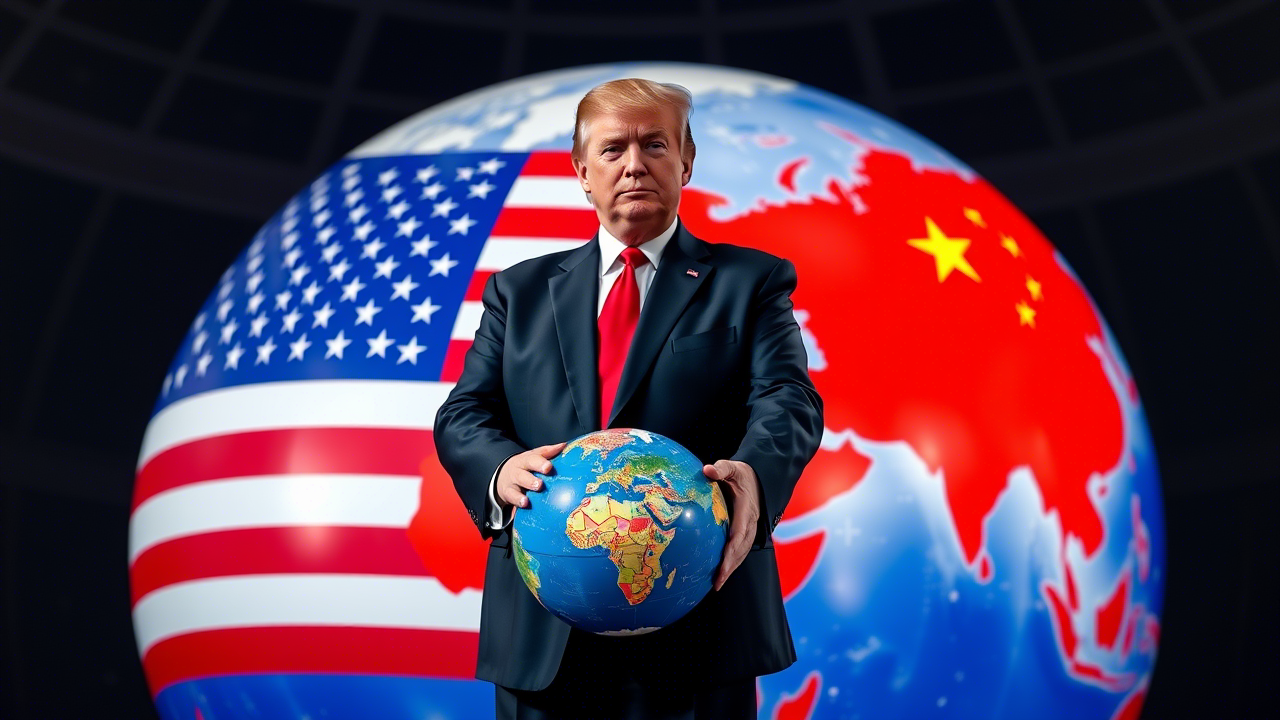The Trump administration has reportedly developed a strategy to use ongoing tariff negotiations as a diplomatic tool, aiming to persuade U.S. trading partners to scale back their economic ties with China and limit the flow of Chinese goods through their countries by imposing tariffs.
According to The Wall Street Journal, U.S. officials are in talks with over 70 nations to push for measures that would block China from using third-party countries to bypass American tariffs, including efforts to limit Chinese companies from operating locally in ways that could undermine trade restrictions.
On Tuesday, the White House announced that imports from China could now be subject to tariffs as high as 245%, citing Beijing’s retaliatory trade measures. The announcement came alongside President Trump’s executive order initiating a probe into the potential national security threats tied to America’s dependence on foreign-sourced processed critical minerals, according to a fact sheet referenced by Fox Business.
Additionally, during her Tuesday briefing, White House Press Secretary Karoline Leavitt read a statement to reporters, which she indicated had been provided to her by President Trump in the Oval Office.
Related: Shytoshi Kusama Schedules New Livestream Following Inaugural Broadcast
“The ball is in China’s court. China needs to make a deal with us. We don’t have to make a deal with them,” Leavitt said. “There’s no difference between China and any other country except they are much larger. And China wants what we have, what every country wants – the American consumer. Or, to put it another way, they need our money,” she added.
Recently, tensions between the U.S. and China have escalated significantly, with both countries taking aggressive trade measures. The U.S. has imposed a new set of tariffs on Chinese goods, with some duties reportedly reaching as high as 145% on selected items.
Related: Judge Allows Insider Trading Lawsuit Against Coinbase Execs
In retaliation, China has raised its tariffs on U.S. imports, now as high as 125%, further deepening the trade conflict. This back-and-forth exchange of tariffs has raised concerns among economists and trade analysts, who warn that the escalating dispute could lead to severe disruptions in global supply chains, especially for industries that rely on trade between the two nations.
The growing uncertainty is also putting pressure on businesses operating in both markets, which may face higher costs and potential delays in production and delivery.












